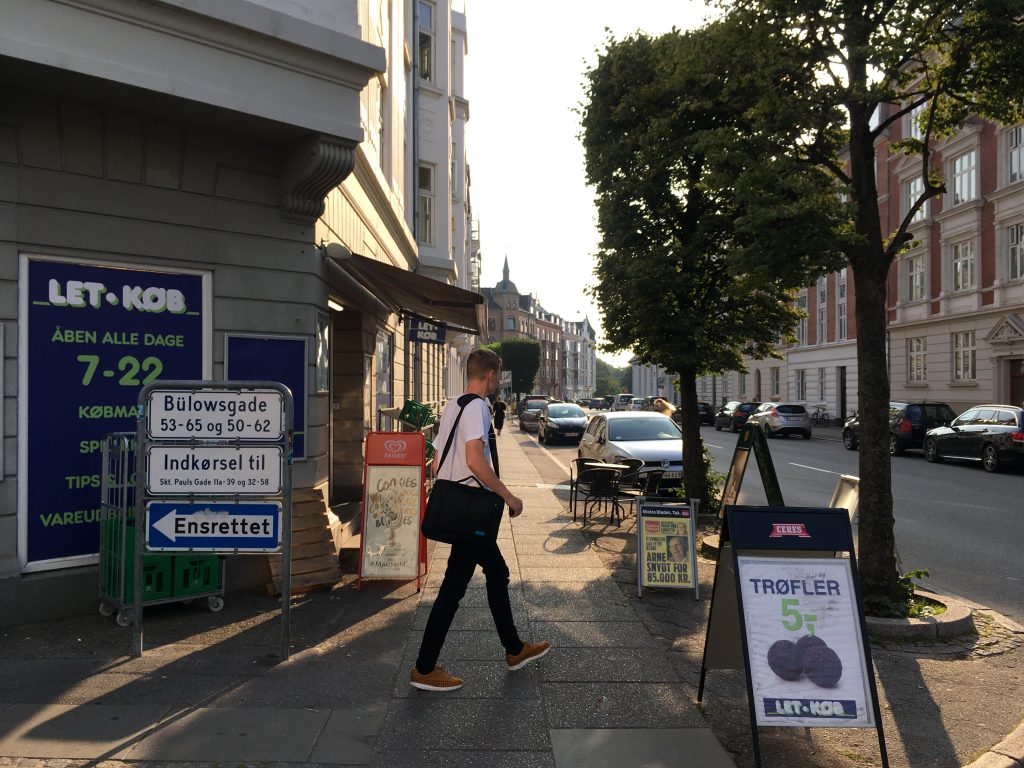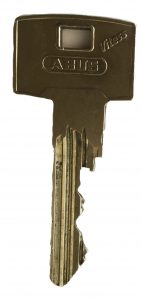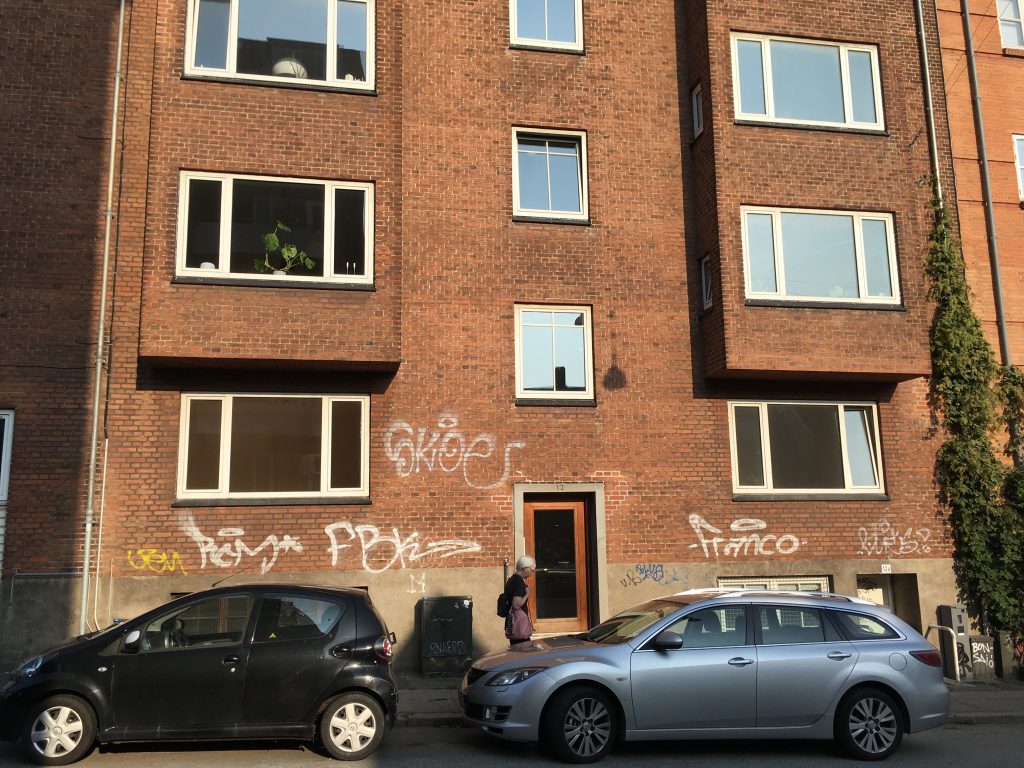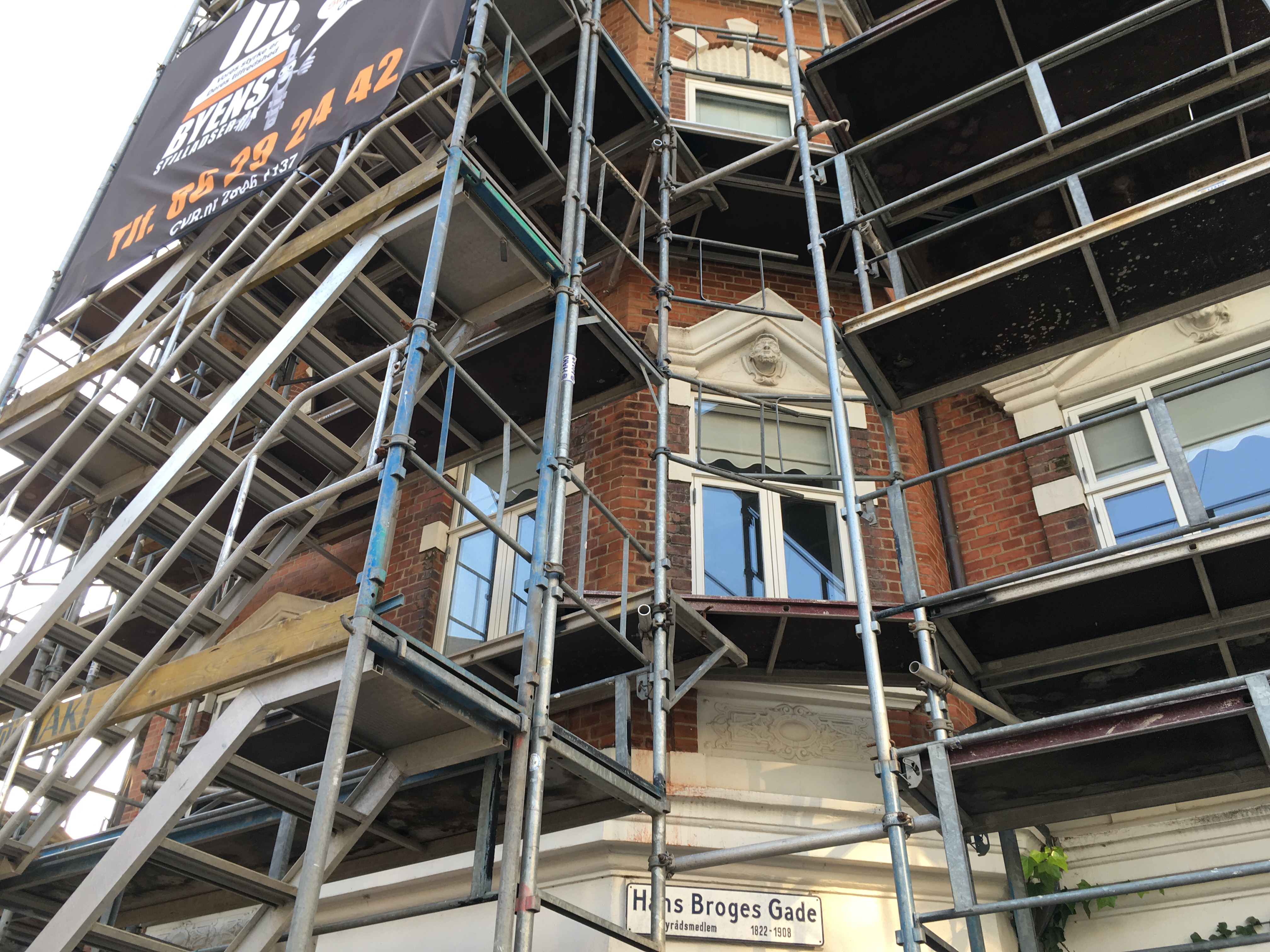Know your rights: Read our guide for new tenants in Denmark
Are you about to start a new study or maybe just carrying on to the next semester of your current studies? Nevertheless, it can be overwhelming to be on top of all of your studies while focusing on all the practical aspects of being a tenant in a new country. Perhaps this will make your life a little bit easier.
This is a guide for tenants so that you can focus on the fun part of being a student.
Maybe you are moving into your first tenancy or perhaps you have already lived in your tenancy for a while. No matter what your situation is, we are sure that you can benefit from reading this guide.

Deposit and prepaid rent
When you move into a tenancy, you will typically have to pay a deposit as well as prepaid rent. The amount will vary depending on the rent, however, there are certain requirements that the landlord must comply with. Both deposit and prepaid rent cannot exceed the equivalent of three months’ rent each. This means that your landlord can claim up to three months’ rent in deposit and up to three months’ rent in prepaid rent. Summed up, you may be required to pay the equivalent of 7 months’ rent at the beginning of your tenancy.
Example: The monthly rent of your tenancy is 5,000, -, which means that you landlord can claim up to 15,000, – in deposit and 15,000, – in prepaid rent as well as one-month rent for the first month making the initial cost when moving in up to 35,000, -.
Briefly explained
Briefly explained, the deposit is the landlord’s security in terms of maintenance and refurbishment, when you move out. Your deposit can, therefore, strictly be used for any renovations there may be when your tenancy terminates. The prepaid rent is a security for the landlord in case a tenant chooses to move out without any notice. Typically, the prepaid rent will be used in your notice period (termination period), which means that you will not have to pay rent for the number of months you have paid prepaid rent for.
The landlord’s access to your tenancy

There tends to be doubt regarding the landlord’s access to the tenancy and whether the landlord is allowed to possess a copy of your key. The landlord is not allowed to enter your tenancy without your permission unless it is strictly necessary.
It is recommended that you grant your landlord access if it concerns maintenance and renovations. Small renovations must be notified 6 weeks in advance where bigger renovations must be notified 3 months in advance. There are cases, where landlords enter tenancies when the tenants are not home and roam around. This is strictly forbidden and can be reported. Actually, your landlord does not have the right to be in possession of a key to your tenancy if you do not want them to. However, it can be a good idea in case of emergency or if you lock yourself out, but it is up to you to decide.
Nice to know: In situations of fire, gas leaks, water damages and situations alike where immediate action must be taken, the landlord can enter the tenancy without your permission.
Documentation

Documentation is key during your tenancy. This is both in terms of communication and money transfers. If a disagreement or conflict occurs, it is your responsibility to prove your claim. You can do so by documenting any agreements made with your landlord as well as making sure that all payments are made via bank transfers. If you make a verbal agreement with your landlord or make a payment in cash, you will have a hard time proving this if your landlord turns around and opposes your agreement or payment.
A good rule of thumb: Make sure you get important agreements in writing and make sure to never pay money that cannot be traced – by doing so you will be in a strong legal position if your landlord tries to scam you.

Rent increase
It is not atypical that rent can increase during your tenancy. But if it does, certain requirements must be meet for the increase to be valid. Firstly, the increase must be notified 3 months in advance. There are five typical reasons for a rent increase:
- Value of the tenancy
If your rent is determined based on the rules of the value of the tenancy, the rent can increase if the rent is significantly lower than the value of the tenancy.
- The landlord’s operating costs causes an increase
If this is the method used to determine the level of the rent, it can increase if the operating costs of the property increase.
- Net price index
In paragraph 11, it can be agreed that the rent follows the Danish net price index. If this is the case, the rent will increase automatically each year based on this index and does not need to be notified, as it is stated in the lease.
- Agreement between landlord and tenant resulting in an increase
The landlord and tenant can choose to make an agreement to increase the lease. However, you are not forced to enter such agreement.
- Improvements in the tenancy causes an increase
If renovations are carried out in your tenancy and the renovations affect the value of the tenancy, the rent can increase too.

Utilities
We all pay for utilities such as heat, water and electricity in our tenancies. There are three ways in which utilities can be settled. It is good to be aware of which method is used in your tenancy and make sure it follows the requirements
- On account (a conto)
The landlord calculates the estimated usage of utilities with the utility company. The estimated expense will be claimed monthly and can be adjusted yearly according to the actual consumption with 6 weeks notification. Be aware that this method can only be applied if there are individual metres for each tenancy in the property.
- Paid through rent
Utilities can also be included in the rent. A fixed amount is charged each month as part of the rent, which on one side can be a good thing, as you cannot receive a supplementary bill if you consume more than what is charged. On the other hand, you may be paying for more than you actually consume.
- Agreement between tenant and the utilities company
The utilities can be regulated between a tenant and the utilities company. The utility company can, however, choose not to accept such an agreement or make specific demands for it to become a possibility.
Maintenance

Your landlord is obligated to take care of the maintenance unless anything else is stated in the lease. Make sure to check section 8 and 11 of your lease, where it will be stated if you have the responsibility for the maintenance or parts of it. Often, the tenant is only responsible for the internal maintenance, but it is important to be aware of the agreement.
Internal maintenance usually covers whitewash, painting, papering and lacquering floors. External maintenance is anything besides this.
Be sure to maintain your tenancy as your landlord can, otherwise, demand you to pay for it. Likewise, if your landlord does not attend to shortcomings and the like and refuses to better them, you can claim compensation. Here, it is a good idea to seek legal help
If any conflicts occur during your tenancy, it is a good idea to attempt to reach an agreement with your landlord yourself. However, you should never settle for an agreement just because you feel helpless. The Rent Act protects tenants’ interests and as a tenant you are in a very strong legal position. In cases where the conflict cannot be handled between you and your landlord, we recommend that you seek legal help.
This post is a result of a partnership between HowtoDenmark and DIGURA. DIGURA offers legal advice and helps tenants with any questions, doubts or conflicts that they may have. You can read more about DIGURA or send in your case for a free assessment via this link: https://digura.dk
